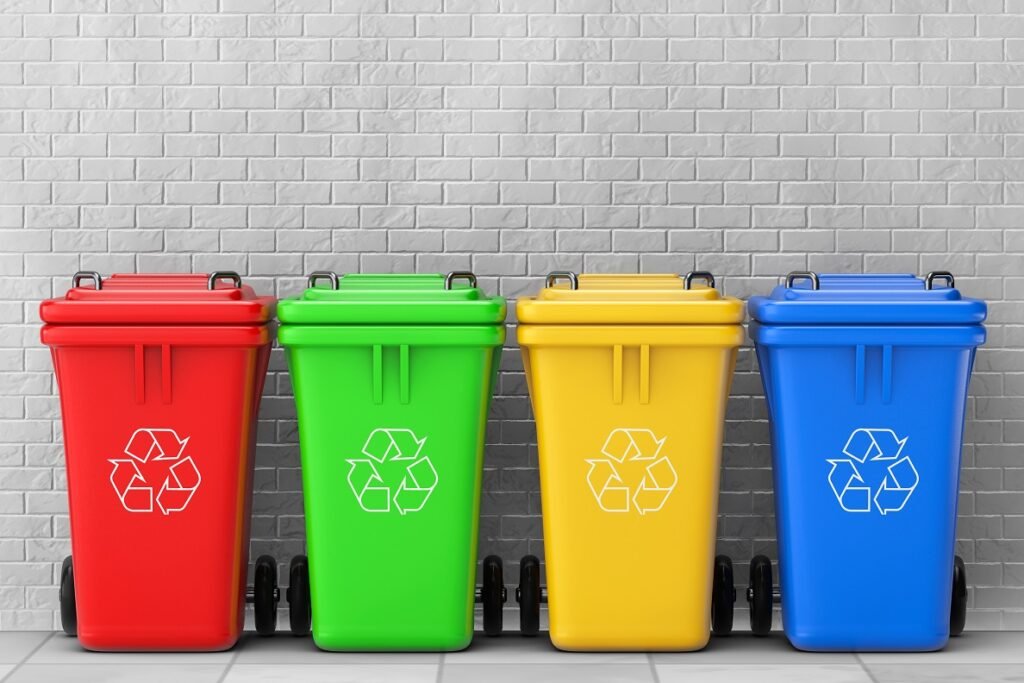On July 4, 2024, the Regulation of the Minister of Environment and Forestry No. 9/2024 on Management of Trash Containing Hazardous Substances and Hazardous Waste was promulgated in Indonesia. The Regulation came into effect immediately upon the promulgation. Established under the Government Regulation No. 27/2020 on Specific Trash Management, this Regulation requires individuals and businesses generating certain hazardous trash to sort them and implement the 3R practices (Reduce, Recycle, and Reuse). Hazardous trash subject to the sorting requirements include used batteries, waste electrical and electronic equipment (WEEE), and used containers and packaging for various products such as cosmetics, paints, and pesticides.
The Regulation, written in Indonesian, uses the terms sampah and limbah, which refer to trash and industrial residues, respectively. Their definitions are as follows.
- Sampah: Solid remains of human daily activities and/or natural processes.
- Limbah: Remains of business and/or activities.
Hazardous Trash Subject to the Control of the Regulation
Hazardous trash subject to this Regulation are classified into (1) trash containing hazardous and toxic substances (referred to as “B3” in the country) or (2) trash containing B3 waste. The scope of each is as follows:
 Indonesia’s new regulation requiring sorting, collection and processing of specific types of trash, including WEEE and used batteries
Indonesia’s new regulation requiring sorting, collection and processing of specific types of trash, including WEEE and used batteries 

























